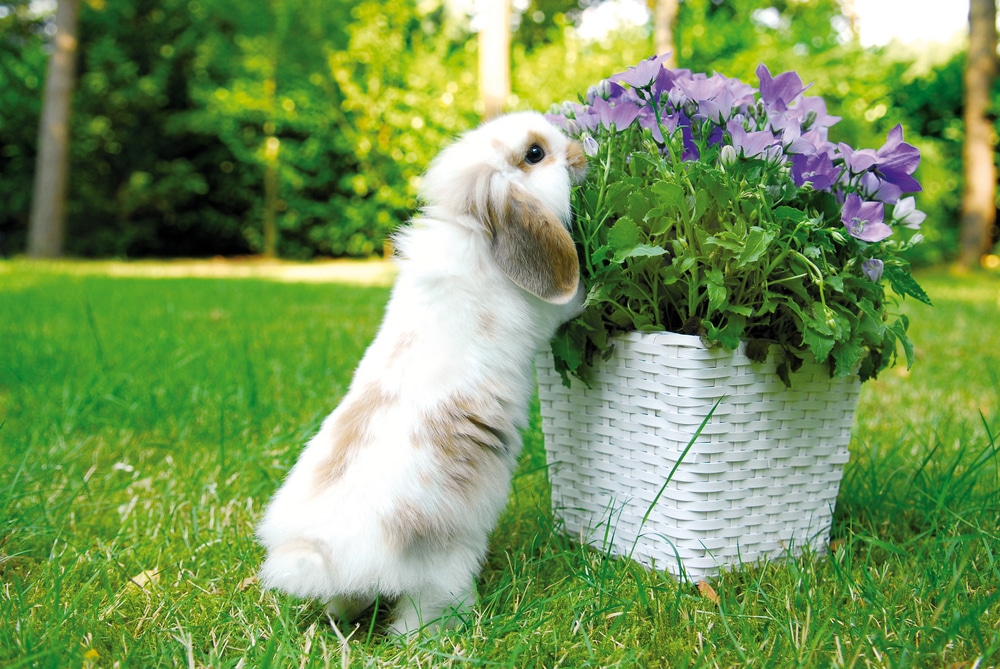Rabbit Feeding Guide
Many of the diseases of rabbits (bunnies) are caused by improper feeding.
Unfortunately for rabbit farmers, not all of the commercially available rabbit feeds are suitable for feeding rabbits of all species.
Before I discuss further what fruits and vegetable rabbits can eat, and what not to feed your rabbits, the best rabbit foods, how many pellets to feed a rabbit, let’s look into the nature of bunnies.
Oh, before i forget, you can try some of our .
What do rabbits feed on in their natural habitat?
Rabbits are herbivores, therefore, they feed naturally on grasses, leaves, vegetables, and fruits.
Cereal grains such as oats, barley, rye, and wheat are not part of the rabbit’s natural diet, and should therefore not be given to rabbits to eat.
However, cereal grains can be found in almost all rabbit canned food products, but in a processed form.
Since cereals and other foods are commercially used in finished rabbit foods, the producers of these foods recommend ready-made feeds for your bunnies to make profits from rabbit farmers.
What happens if you feed your rabbit the wrong way?
For most animals, when reared commercially, making them live like they’re in their natural habitat helps a lot in their health management.
If you feed the wrong food to your rabbit or feed improperly, you can damage their teeth and digestive organs.
Teeth
Both the front teeth and the molars of your rabbit grow 1-2mm per week for the rest of its life.
This means your rabbit teeth grow about 10cm per year. This teeth growth is already in their genetic makeup since rabbits naturally feed on raw fiber-rich and low-energy plants.
For bunnies to be able to live on this food, they have to take in and chop up large quantities of food from morning to night. This is the only way they can cover their energy requirements.
Many rabbit farmers think that the wear and tear on their teeth are caused by biting and chewing particularly hard plants. This is not true! The wear and tear of the teeth, especially the molars, are caused by the continuous “grinding” of the grasses they feed on.
However, rabbits that are given ready-to-eat food ( finished products in can) become so satiated by the cereal grains contained in it that the time they need for daily food intake decreases significantly.
Rabbits, therefore, suffer the consequences of this change in their diet and feeding behavior.
The constantly growing teeth are not worn down sufficiently, terrible wounds develop in their mouth, jaw abscesses follow, and often the animals die because they can no longer eat.
Digestive System
Not only do rabbit teeth suffer from the wrong diet, but the problem is also extended to the digestive organs.
Rabbits have a relatively large stomach with an extremely thin stomach wall.
With canned food products, most rabbits would not have regular contractions in the stomach, and usually, the food in the stomach is not moved into the intestines as at when due.
It is until the rabbit eats again or the stomach is filled up that the previously dated food would move into the intestines for further digestion.
If you now offer processed food to your rabbits, the amount of pellets offered per feeding session, and the duration of each feeding session should be minimized.
The break in the feeding sessions also means food would stay longer in their stomach rather than moving into the intestines for further digestion.
The intestinal bacteria suffer both from these breaks and it may lead to diarrhea and other gastrointestinal diseases.
